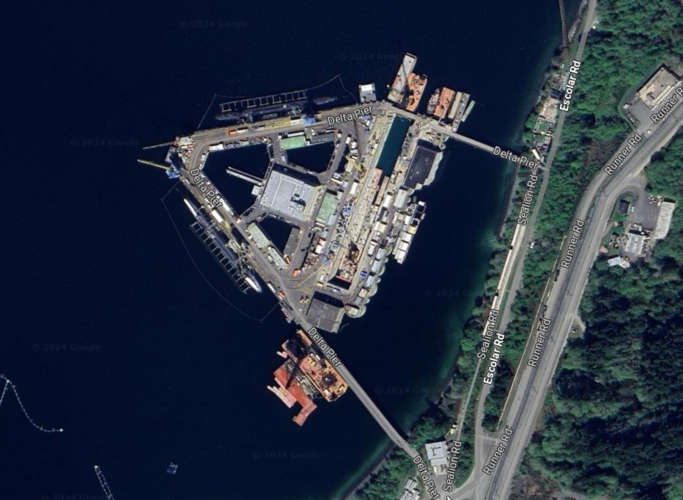It does not seem like the authors of the report asked the Australians?
Aukus’ original sin is that - because of the need for total secrecy - it was really a half-baked idea discussed only at the most senior levels among a few politicians and a handful of their favorite admirals whispering in their ear.
A lot of the usual due diligence, feasibility assessments etc were skipped, which is where a lot of important stakeholders might have brought up big questions around the industrial supply chain, manning constraints, and Australia’s ability to run 3.5 different submarine types in parallel.
In the US this means that the Navy itself was mostly kept in the dark, with the White House and National Security Council driving the show. In Australia this means that the goalposts where moved arbitrarily, throwing aside all concerns about affordability, schedule risk, and industrial workshare.
I think what we’re seeing now is some of those stakeholders who were ignored and are perhaps threatened by aspects of Aukus are starting up their own lobbying campaigns, including some within the US submarine community who will be directly impacted by any shortfall in hull numbers, and who are starting to whisper that there won’t be enough Virginia subs to go around, and US operators’ needs should take priority irrespective of any political arrangements that were made without involving them.
And in Australia there is a growing awareness that the cost, schedule and domestic industrial aspects that were ignored could come back and bite hard, and that perhaps the deal could start drifting in a direction that is too favorable to the US & UK, while Australia will have lost its negotiating leverage and could just end up bankrolling foreign yards with little operational capability to show for in exchange.
All in all a very sensitive situation and likely to get worse as the US industrial base continues to miss commitments and pressure builds up on both sides.
















